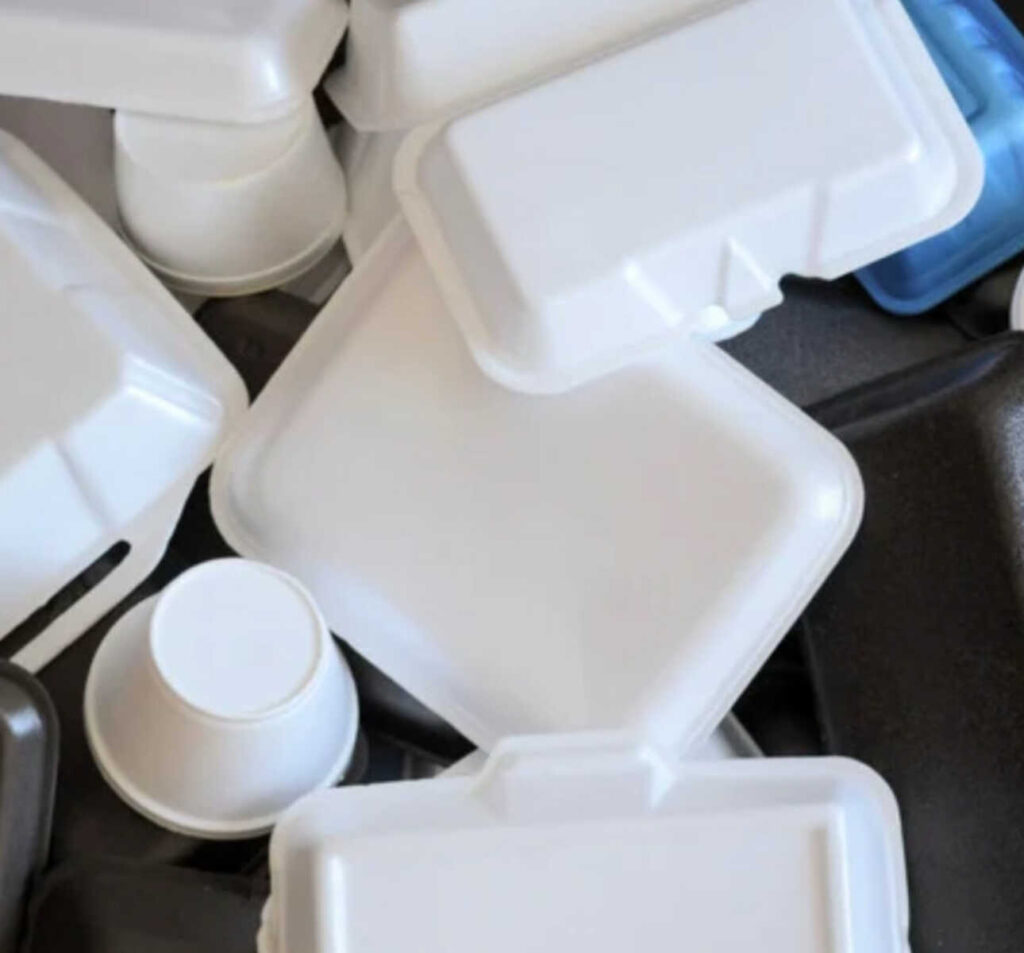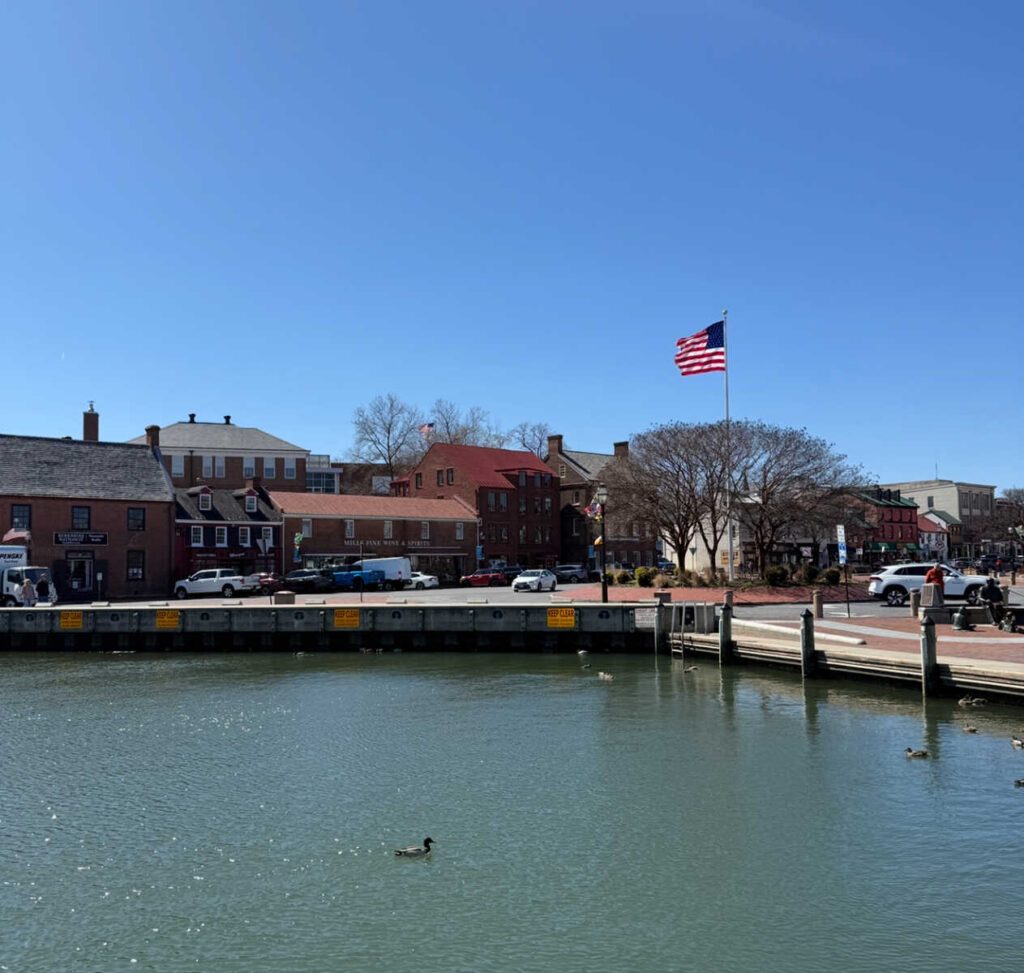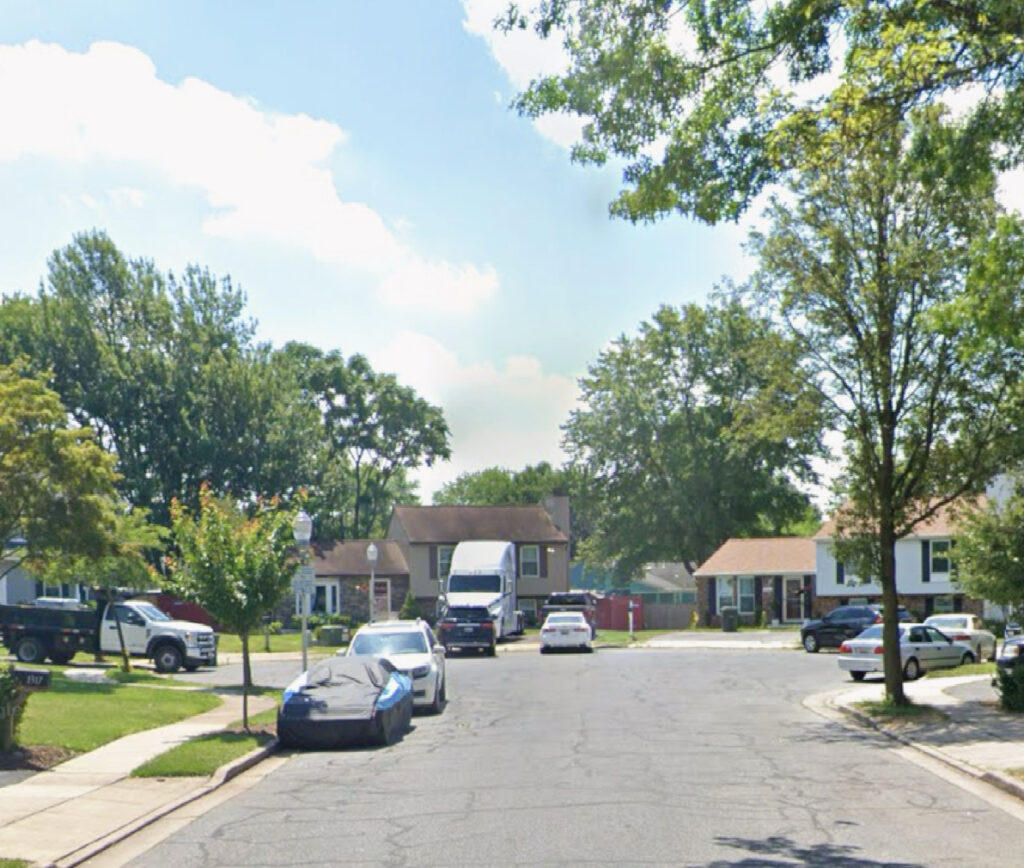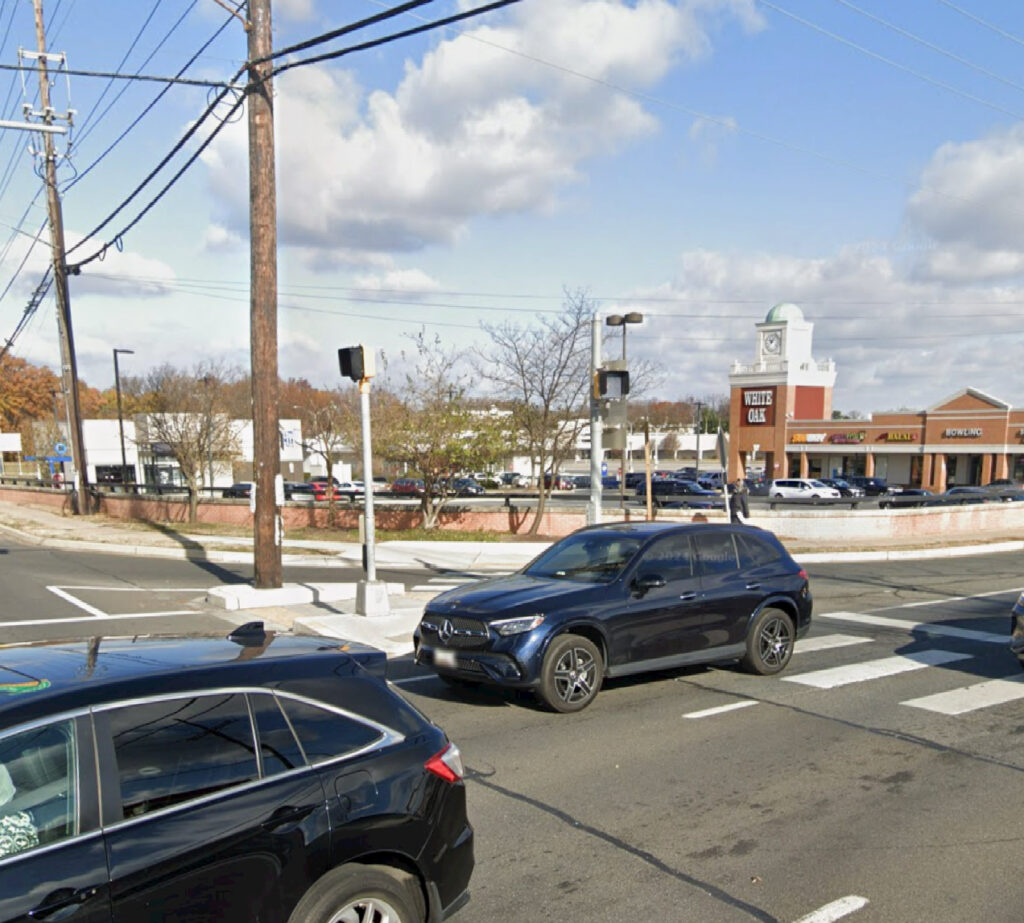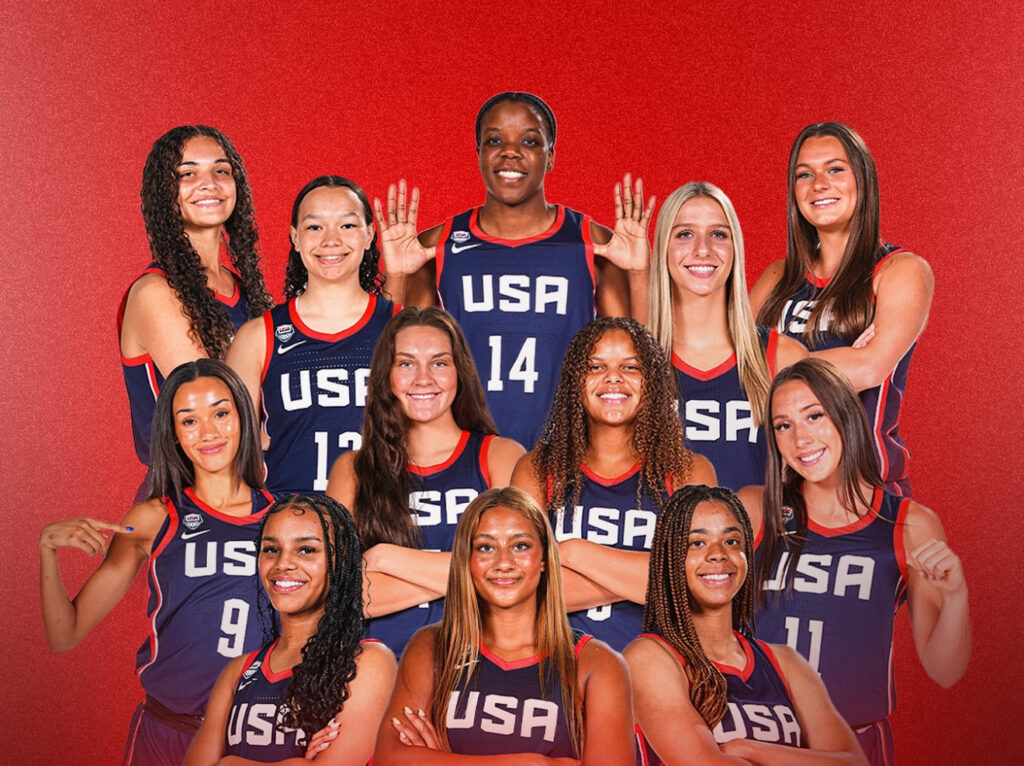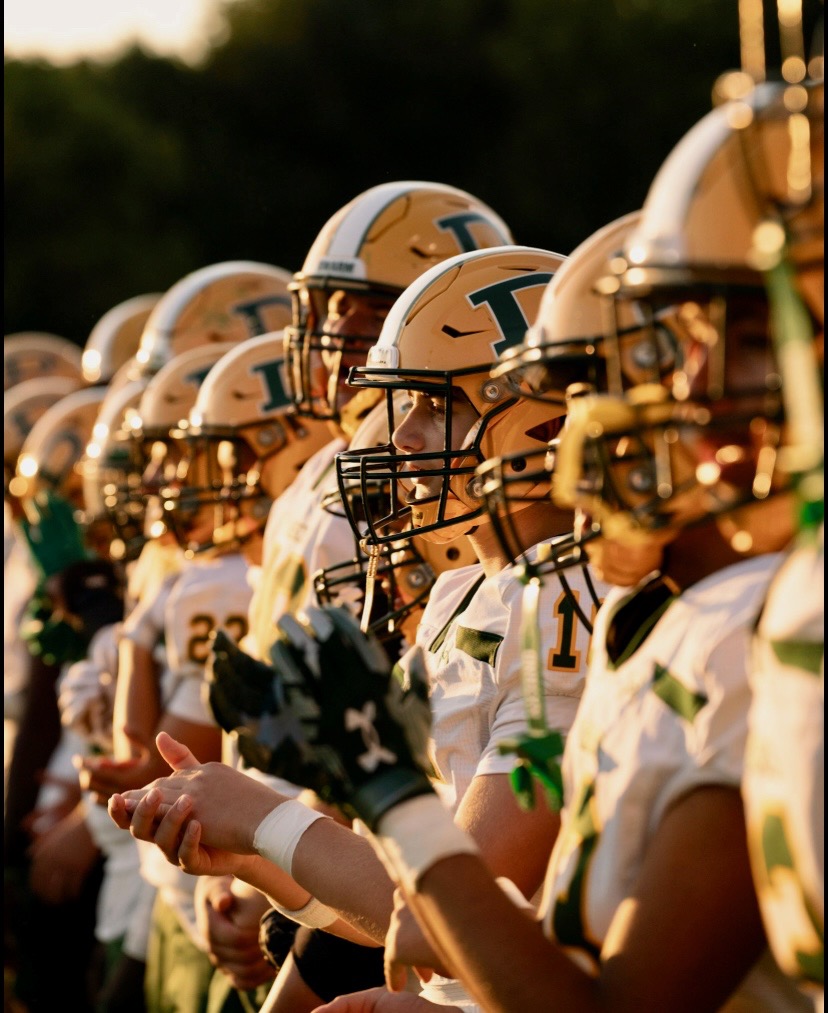In July 2020, Maryland enacted a statewide ban on expanded polystyrene (EPS) foam food containers, with a brief extension to October 1, 2020, due to the COVID-19 pandemic. Now, five years later, the Commonwealth of Virginia is advancing with its own ban.
This senvironmental measure, enacted through House Bill 1902 in 2021, aims to reduce pollution and promote more sustainable alternatives across the state. The ban is being implemented in two phases to allow businesses time to adapt. Effective July 1, 2025, large chain restaurants with 20 or more locations in Virginia will no longer be permitted to use EPS foam cups and takeout containers. Following this, by July 1, 2026, the ban will extend to all other food vendors, including smaller, independent establishments, food trucks, cafeterias, and catering companies.
The legislation reflects a growing recognition of the environmental harm caused by EPS foam. This material is notoriously difficult to recycle, takes an estimated 500 years to break down, and frequently becomes litter that pollutes waterways and landscapes. It can also break into microplastics, posing threats to wildlife and potentially human health.
While there have been previous attempts by the executive branch to delay the ban, the Virginia General Assembly has consistently affirmed the current implementation timeline. This demonstrates strong bipartisan support for the initiative and a commitment to addressing plastic pollution.
Localities have the discretion to grant one-year exemptions to food vendors who can demonstrate undue economic hardship in complying with the ban, with the possibility of reapplying for additional exemptions if needed. However, the overarching message is clear: Virginia is joining Maryland and transitioning away from foam.
The ban is expected to encourage businesses to adopt a variety of environmentally friendly alternatives, such as reusable containers, paper products made from virgin or recycled materials, plant fibers (like bagasse, bamboo, or wheat straw), recyclable plastics (such as PET), or foil and metal options.
